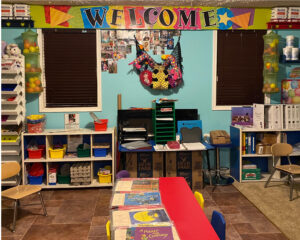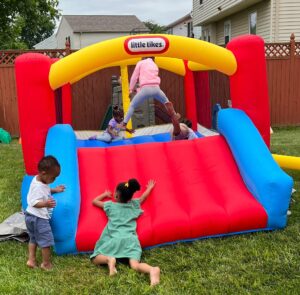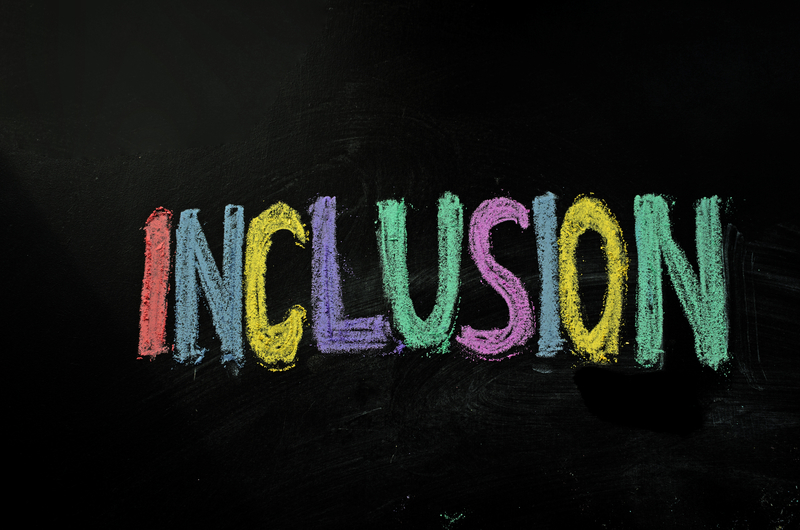 Teresha Sutton is a family child care provider in Harford County. Her program, What About the Children, Inc., has a Maryland EXCELS Quality Rating 5 and uses Creative Curriculum, faith-based lessons and activities, collaborations with local organizations, and individualized learning to support children.
Teresha Sutton is a family child care provider in Harford County. Her program, What About the Children, Inc., has a Maryland EXCELS Quality Rating 5 and uses Creative Curriculum, faith-based lessons and activities, collaborations with local organizations, and individualized learning to support children.
Ms. Sutton recently shared her journey as a provider, what she loves about her work, and what Maryland EXCELS has meant for her program.
Q: When did you know this was exactly the kind of work you wanted to do?
A: My journey in the child care profession has been deeply rooted in my passion for nurturing and caring for young children. Throughout my career, I have held various roles in education and child care. I have served as a long-term substitute teacher, classroom assistant and school administrative assistant, allowing me to positively influence and shape young minds of all ages. In 2003, I obtained my license as a family child care provider.
The name “What About the Children” was divinely inspired by the Lord. It carries a promise that I would become a vessel, providing accessible and affordable quality child care services to families in need. My mandate in life is to create safe and loving environments where children can thrive.
 Q: Is there one thing about your program that’s most near and dear to your heart?
Q: Is there one thing about your program that’s most near and dear to your heart?
A: Many things in my program are near and dear to me, but creating a nurturing and inclusive environment where every child feels loved, valued, and supported comes first. In addition, my program implements a personalized learning approach that tailors activities and lessons to meet each child’s unique needs, interests, and abilities.
Q: Do you have a favorite community partnership or a successful way of engaging families?
A: Harford County’s Opening the Gift program is a fantastic community partnership for our program. Collaborating with a program that encourages families to prioritize reading and the library as part of their family time can have a lasting and positive impact on the children’s education and love for learning.
 Q: What advice would you have for a new provider?
Q: What advice would you have for a new provider?
A: A few pieces of advice would be to prioritize safety, build relationships, plan engaging activities, have effective communication, and practice frequent self-care. Child care can be demanding, so prioritize self-care to avoid burnout. Also, provide the best care for the children because each child is unique, and your dedication, patience, and compassion will make a significant difference in their lives. Finally, have fun!
Q: What role has Maryland EXCELS played in your program?
A: Maryland EXCELS has tremendously impacted my personal life and our child care program. The step-by-step model allows you to work at your own pace while enhancing your professionalism. Having a supportive Maryland EXCELS Program Coordinator like Nancy Gumbel makes the experience even more enriching. She helped me reach the highest level and become an accredited program. Nancy’s guidance has played a significant role in my success.




 GO BACK
GO BACK

